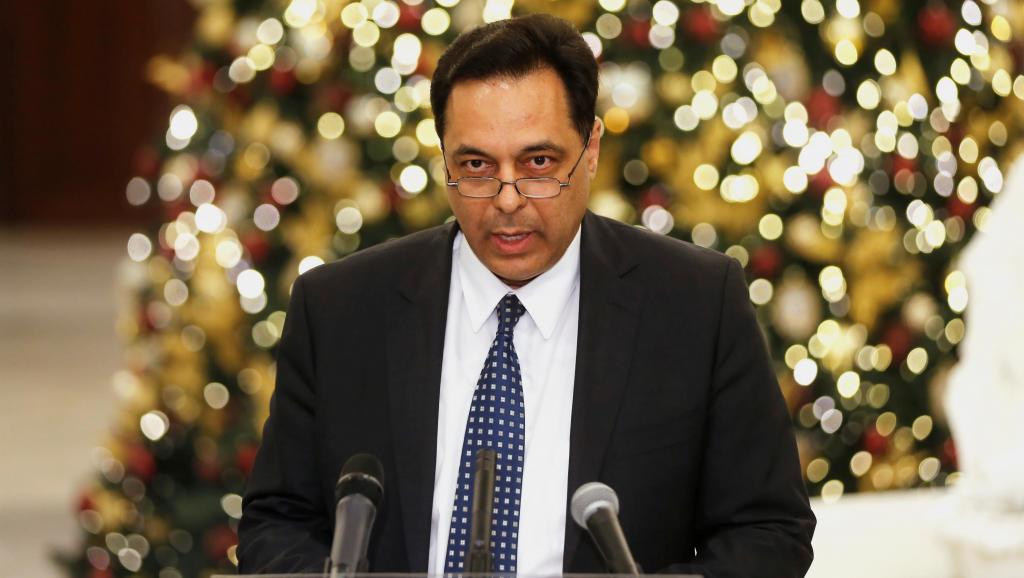Lebanese parliamentarians elected former education minister, Hassan Diab, as the country’s new prime minister, on Thursday, December 19. He was asked to form the new government by the Lebanese president, Michel Aoun. Diab has been elected to office with 69 votes in the 128-seat Lebanese parliament. Hezbollah and Amal parties along with the Christian Free Patriotic Movement were among those who voted in his favor. The Future Movement, led by caretaker prime minister Saad Hariri, abstained from the vote.
The two more candidates for the post – Nawaf Salam, who is a judge on the International Court of Justice, and activist Halima el-Kaakour, received 13 and 1 votes, respectively. The discussion to elect the new prime minister had been postponed twice due to popular pressure and protests, and the lack of an alternative to the former PM Hariri.
Following his election, Diab appealed to the protesters to give him an opportunity to prove himself. However, it appears unlikely that the popular protests, which had forced Hariri to resign on October 29, will die out soon. In fact, protesters in Beirut denounced Diab’s election and renewed their call demanding systemic changes to the country’s political system.
The wave of massive popular protests erupted in Lebanon on October 17 against the Saad Hariri-led government’s move to impose new taxes. Since then, the protests have developed into a mass political movement against government inefficiency, widespread corruption among the ruling elite in the country, and the sectarian quotas in the Lebanese parliament and government. Lebanon, a country of around 4 million people, suffers from deep-rooted economic problems, including a very high level of public debt, along with rising poverty and unemployment. Successive governments in the country have failed to resolve these issues, and on several occasions have not been able to assure basic amenities to the public.
Despite Hariri’s promises regarding new policy initiatives and reforms after the initial protests, the mobilizations taking place in the country have only intensified, with trade unions, banks and educational institutions joining in. Hariri’s pledge to return as the head of a technocratic government also failed to win him much public support.
Meanwhile, Hezbollah and Amal along with some Christian parties have opposed the demands for the abolition of quotas in the political system. The quota system stipulates that the Lebanese prime minister is to be Sunni, the speaker of the parliament Shia, and the president a Christian. It was introduced as a compromise formula during the 1989 Taif accords signed to end country’s 15-year-long sectarian war.
Hezbollah movement, which has supported the new prime minister, is being targeted by the US and its international allies for its support to Iran. The German parliament voted to ban Hezbollah on December 19. The US has already designated it as a terrorist organization.





